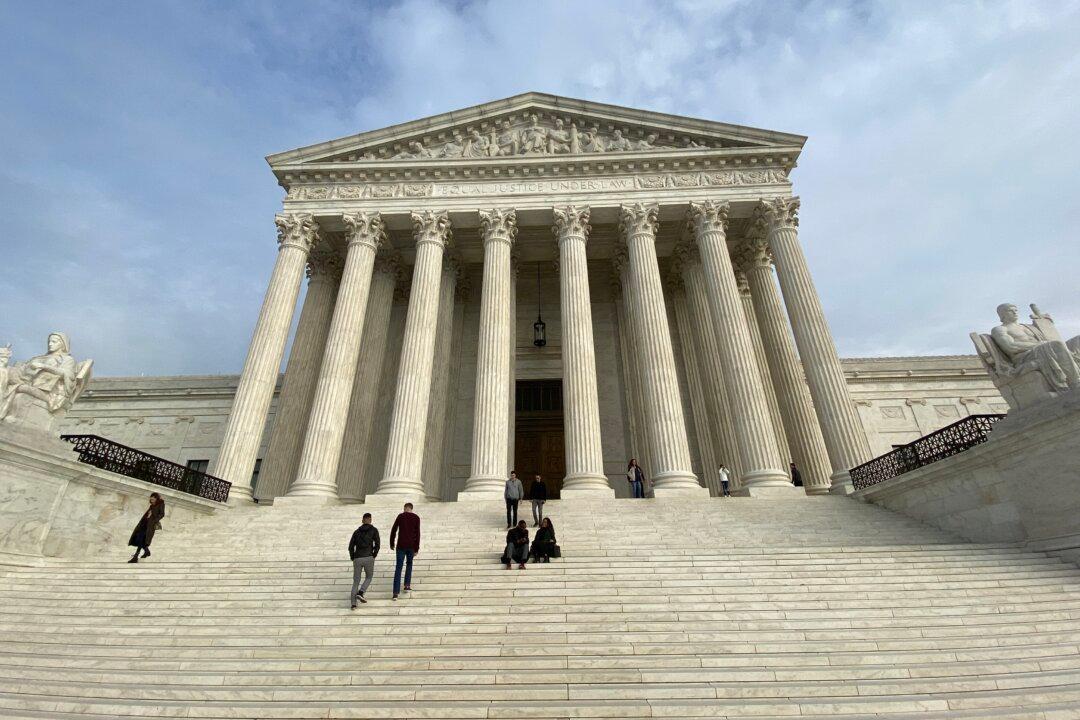The Supreme Court has agreed to hear a challenge to a California law that gives labor organizers permission to trespass on private property and disrupt business operations 120 days a year to recruit new members.
The high court granted the petitioners’ application Nov. 13 to review a ruling of a divided U.S. Court of Appeals for the 9th Circuit in a case known as Cedar Point Nursery v. Hassid.





